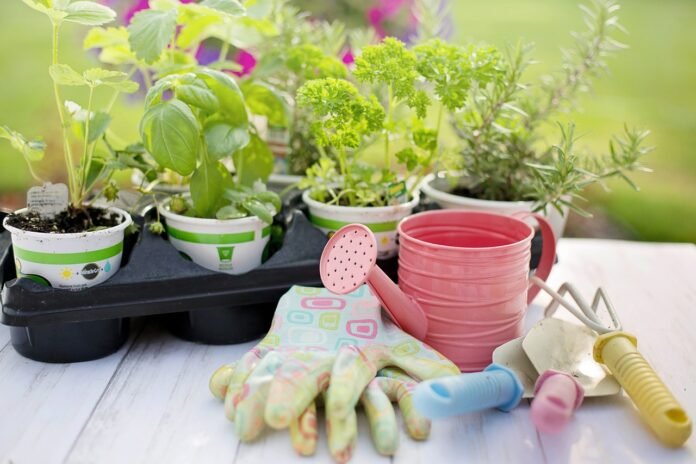Composting: A Sustainable Way to Enrich Your Garden
Composting, the process of breaking down organic matter into nutrient-rich soil, is an eco-friendly and cost-effective gardening practice that offers numerous benefits to your plants and the environment.
Understanding Composting
The Process of Composting
Composting occurs when microorganisms decompose organic matter, such as plant debris, kitchen scraps, and manure, in a controlled environment. This process releases essential nutrients that plants can easily absorb.
Benefits of Composting
Improved Soil Health
- Enhances soil structure by adding organic matter, improving water retention and drainage
- Suppresses soil-borne diseases and pests
Increased Nutrient Availability
- Provides a slow-release source of nitrogen, phosphorus, potassium, and other essential nutrients
- Improves plant growth and yield
Reduced Waste
- Diverts organic waste from landfills, reducing methane emissions
- Promotes sustainable waste management practices
Environmental Conservation
- Conserves natural resources by using organic materials instead of synthetic fertilizers
- Reduces chemical runoff into water sources
Types of Composting Systems
Aerobic Composting
- Requires regular aeration to provide oxygen for microorganisms
- Decomposes organic matter faster, producing compost within weeks or months
Anaerobic Composting
- Occurs in the absence of oxygen
- Produces compost more slowly, releasing fewer nutrients
Practical Composting Tips
Choosing Materials
- Use a mix of “brown” (carbon-rich) materials, such as dry leaves and cardboard, and “green” (nitrogen-rich) materials, such as grass clippings and kitchen scraps
- Avoid adding meat, dairy products, and diseased plants
Building a Compost Bin
- Choose a location with good drainage and sunlight
- Use materials like wood, plastic, or wire mesh to create a bin that allows air circulation and moisture retention
Managing Compost
- Turn or stir the compost regularly to aerate it
- Add water if the compost becomes too dry
- Monitor the temperature to ensure it remains between 120-150°F
Conclusion
Composting is a valuable gardening practice that benefits both the environment and your plants. By following these tips, you can create nutrient-rich compost that will enhance the health and productivity of your garden while reducing waste and promoting sustainability. Embrace the transformative power of composting to cultivate a thriving garden and contribute to a greener future.


